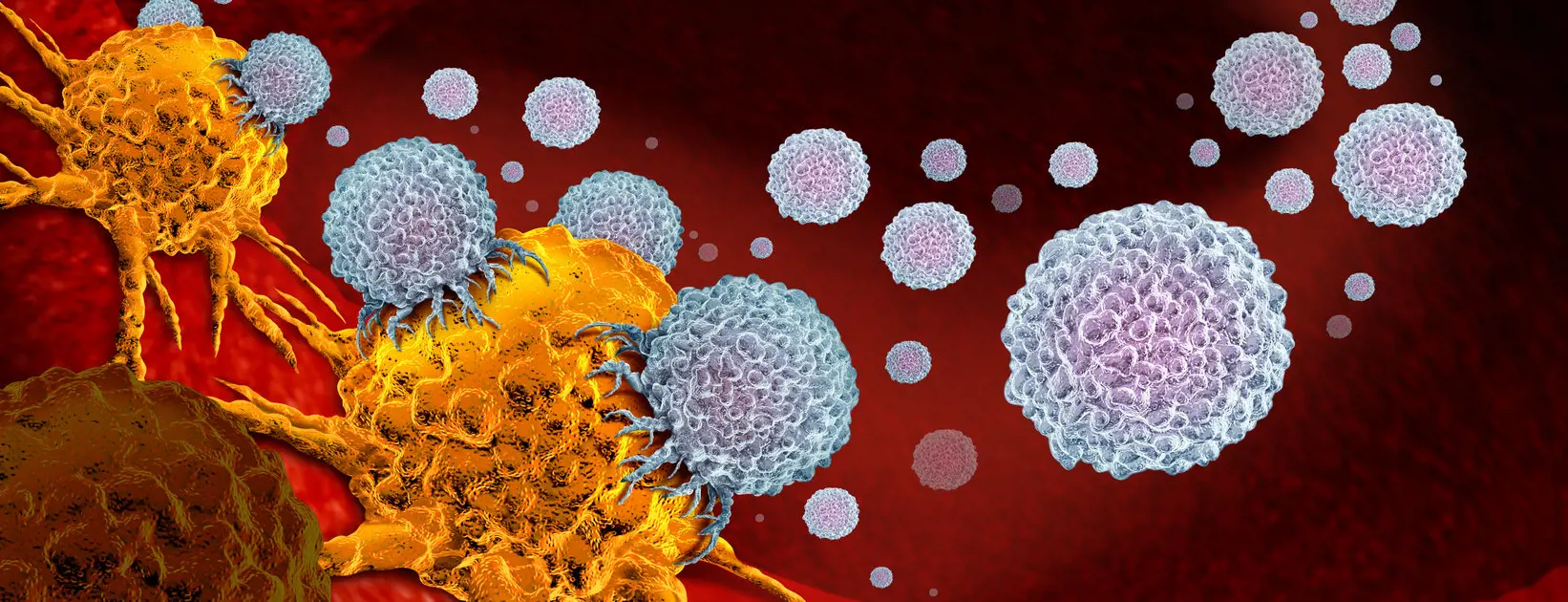Our Vision
Cancer is not an isolated process and its development is tightly associated with endocrine and metabolic changes in the body. As a lab sitting next to the Oncology Division, the bench and bedside are constantly intertwined. Therefore, we are not only focused on the patient's tumor, but know that the cancer disease is affected by many other factors. By investigating the complex interactions between the tumor, the received treatments and basic patient's characteristics, we are able to decipher novel endocrine aspects of malignancy and gain new insights into the development of cancer. This in turn uncovers vulnerabilities of the cancer and may aid in the development of novel treatments. Researchers Students Madaei Yesod MD thesis a link between longevity, metabolism and cancer Aging and cancer development are tightly connected. The hormone klotho plays an important role in human aging. Our lab discovered its role as a tumor suppressor gene. It is silenced in cancer tissues and klotho’s re-expression in cancer cells inhibits their growth. Further analysis revealed klotho as a modulator of signaling pathways, especially those that regulate metabolic pathway. Currently, we are focusing on discovery of its putative receptor and developing novel klotho-based treatments against cancer. mutations in breast cancer Our lab was the first to discover mutations in ESR1 that confer resistance to hormonal therapies in >40% of patients with metastatic breast cancer. We are trying to find the relationship between mutations and a more aggressive disease as well as finding new treatment strategies. We are tackling the role of specific mutations in mediating homing of cancer cells to specific organs. Using large patients’ databases and advanced bioinformatics we identify genes and pathways that coax homing of cancer cells to specific organs. Specifically, we are focusing on the relationship between the mutations and metabolic pathways. From The Press
Highlight Publications
Our Team
Research



